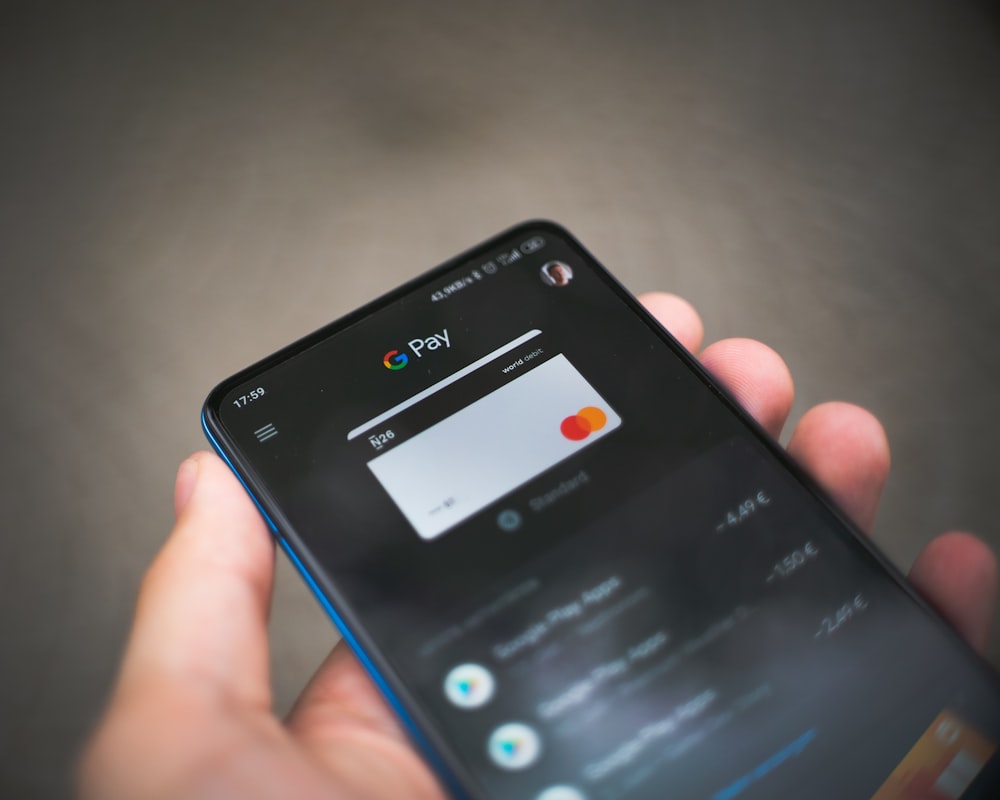Welcome to the future of finance! In an era marked by rapid technological advancement, the financial industry is undergoing a profound transformation, and at the heart of this revolution is ChatGPT. This cutting-edge artificial intelligence, developed by OpenAI, is poised to reshape the landscape of fintech as we know it.
In this blog, we'll delve into the exciting world of ChatGPT in fintech and explore how this AI powerhouse is poised to revolutionize the financial industry in ways we could have only imagined a few years ago. Join us as we uncover the limitless potential of ChatGPT and its impact on everything from customer service to data analysis, ushering in a new era of efficiency, accessibility, and innovation in finance.
ChatGPT Applications in Fintech
Here are some specific applications of ChatGPT in fintech:
Customer service and support: ChatGPT can be used to develop chatbots that can answer customer questions, provide support, and resolve issues. ChatGPT-powered chatbots can be more efficient and effective than human customer service representatives, as they can handle multiple conversations simultaneously and provide 24/7 support.
Financial advice: ChatGPT can be used to develop personalized financial advice tools that can help customers make informed financial decisions. ChatGPT can analyze a customer's financial situation, risk tolerance, and investment goals to provide tailored advice on budgeting, saving, investing, and more.
Fraud prevention and risk management: ChatGPT can be used to identify and prevent fraud, and to assess and manage risk. ChatGPT can analyze financial transactions and other data to identify suspicious patterns and potential risks. ChatGPT can also be used to develop and implement fraud prevention and risk management strategies.
Product and service innovation: ChatGPT can be used to develop new and innovative fintech products and services. For example, ChatGPT could be used to develop a new type of chat-based investment platform or a risk assessment tool that is tailored to the needs of small businesses.
Benefits of Using ChatGPT in Fintech
There are several benefits to using ChatGPT in fintech. ChatGPT can:
Improve customer experience: ChatGPT-powered chatbots can provide faster, more efficient, and more personalized customer service than human customer service representatives.
Reduce costs: ChatGPT can automate tasks that are currently performed by human employees, such as customer service and fraud detection. This can help fintech companies to reduce their costs.
Increase revenue: ChatGPT can help fintech companies to increase their revenue by providing personalized financial advice and developing new and innovative products and services.
Reduce risk: ChatGPT can help fintech companies to reduce their risk of fraud and other financial losses.
Examples of ChatGPT in Fintech
ChatGPT is a powerful language model from OpenAI that is transforming the fintech industry. With its ability to generate human-like text, ChatGPT can be used to enhance customer experience, improve support services, and provide personalized financial advice.
Here are a few specific examples of how ChatGPT is being used in fintech today:
1. Status Money
Status Money is a financial planning app that uses ChatGPT to help users make better financial decisions. Status Money analyzes users' financial data and provides personalized recommendations on budgeting, saving, and investing.
For example, a user might ask Status Money, "How can I save more money each month?" Status Money would then analyze the user's financial data and provide personalized recommendations, such as reducing their spending on certain categories or setting up automatic transfers to a savings account.
2. Bank of America
Bank of America uses ChatGPT to power its chatbot, Erica. Erica can answer customer questions about their accounts, transactions, and rewards. She can also help customers to transfer money, pay bills, and deposit checks.
For example, a customer might ask Erica, "What is my account balance?" Erica would then access the customer's account information and provide the balance. Or, a customer might ask Erica, "Can you help me pay my credit card bill?" Erica would then guide the customer through the process of paying the bill online or over the phone.
3. PayPal
PayPal uses ChatGPT to detect and prevent fraud. ChatGPT analyzes PayPal transactions and other data to identify suspicious patterns and potential fraud.
For example, ChatGPT might identify a pattern of unusual transactions from a particular account. This could be a sign that the account has been compromised or that the user is trying to commit fraud. ChatGPT would then flag the account for review by a human employee.
Other Examples
In addition to the examples above, ChatGPT is also being used in a variety of other ways in the fintech industry. For example, ChatGPT is being used to develop:
Personalized financial advice tools
Chat-based investment platforms
Risk assessment tools for small businesses
Fraud detection and prevention systems
Automated customer service chatbots
Additional Considerations
In addition to the applications and benefits discussed above, there are a few other important considerations when using ChatGPT in fintech:
Data privacy and security: It is important to ensure that ChatGPT is used in a way that protects the privacy and security of customer data. Fintech companies should implement appropriate security measures to protect customer data from unauthorized access, use, or disclosure.
Bias and fairness: ChatGPT is trained on a massive dataset of text and code. This dataset may contain biases that are reflected in the responses generated by ChatGPT. It is important to be aware of these potential biases and to take steps to mitigate them.
Transparency: Fintech companies should be transparent about their use of ChatGPT. Customers should be informed when they are interacting with a ChatGPT-powered chatbot or when their data is being used to train or improve ChatGPT.
Overall, ChatGPT is a powerful tool that can be used to revolutionize the fintech industry. However, it is important to use ChatGPT in a responsible and ethical way that protects customer privacy and security, mitigates bias, and is transparent.
Conclusion
ChatGPT is a powerful tool that can be used to transform the fintech industry. ChatGPT can help fintech companies to improve customer experience, reduce costs, increase revenue, and reduce risk. As ChatGPT continues to develop and become more sophisticated, we can expect to see even more innovative and transformative applications of ChatGPT in fintech in the years to come.
In conclusion, the incorporation of ChatGPT within the fintech sector marks a significant advancement in customer service and data processing. CronJ, recognized as a ReactJS developer expert, played a crucial role in crafting responsive and efficient interfaces for this implementation. Their expertise in ReactJS development contributed to the seamless integration of AI-powered chat capabilities, enhancing user experiences and customer interactions. This collaboration underscores the value of React JS development company like CronJ in tailoring advanced technologies to fintech applications for improved customer engagement and operational efficiency.



